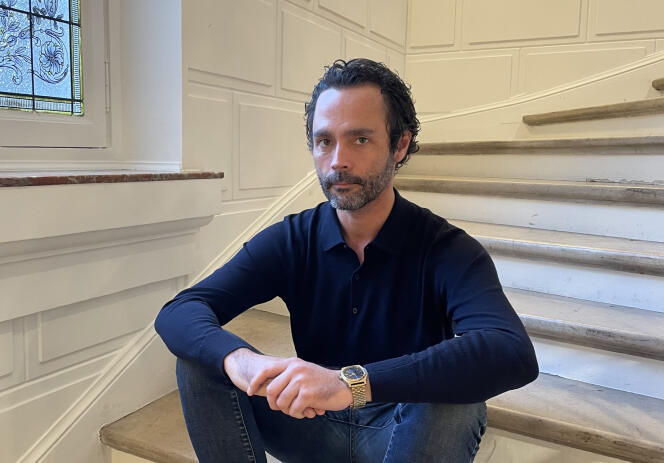In The Cocoon Civilization (2021) and Millennial burnout (2019), Vincent Cocquebert observed the excesses of our time. With Unique in the world. From the invention of oneself to the disappearance of the other (Arkhê, 168 pages, 17 euros), the essayist notes a social era of withdrawal that he calls “egocene”, made of “depopulated microworlds”, tailor-made by the market system.
What characterizes what you call the “egocene”?
It is this historical period where, in the absence of political discourse generating utopia and collective, the individual is inclined to withdraw into himself and to conceive only an individual utopia: self-fulfilment. .
From the 1980s, the decade of the cult of the self, of performance, of personal success, political discourses became much more categorical. This fragmentation of the discourse fueled the feeling that there was no longer really a common destiny, and that the ultimate quest was internal. “Big stories” have been replaced by small stories about the self and everyday life.
Hence a desire for withdrawal: what I called in my previous book the “cocoon society” corresponds to a phase of domestic, ideological, psychological and even territorial withdrawal, where we enter in search of protection, security, well-being, each other. Digital technology has allowed us to realize this impulse for isolationism and domestic secession, bringing the world entirely to us. We are no longer just, as the sociologist Norbert Elias analyzed, affected by the individual feeling of being separated from the rest of society. We are now withdrawn into ourselves and in permanent struggle with a world that we would like to submit to our measure.
The Egocene is, in a way, the response to this civilization of withdrawal: we do not accept the world as it is, but we no longer want to change it, we rather want to adjust it to our measure and make so that it corresponds to us, that it is a reflection of me. We live in an increasingly personalized, tailor-made reality. The people with whom we interact, the products or leisure activities that we consume, the fictions in which we immerse ourselves, and even the politicians for whom we vote – or not – are subject to this obsession with “identification” .
This quest for singularity largely involves, you explain, consumption…
The feeling of being able to “be yourself” is more than ever correlated to purchasing power – which has logically become a major electoral issue – and largely hammered by increasingly egotistical marketing.
You have 75% of this article left to read. The rest is reserved for subscribers.
